Caring for the Sick: The Importance of Personal and Sacramental Presence.
“The Christian community has never sought isolation and has never made the Church a city of closed doors.”
These striking words are central to a Letter, approved by Pope Francis, and circulated to the Bishops’ Conferences around the world late last week. The Letter, “Let Us Return to the Eucharist with Joy”, was penned by Cardinal Robert Sarah, Prefect for the Congregation for Divine Worship and the Discipline of Sacraments.
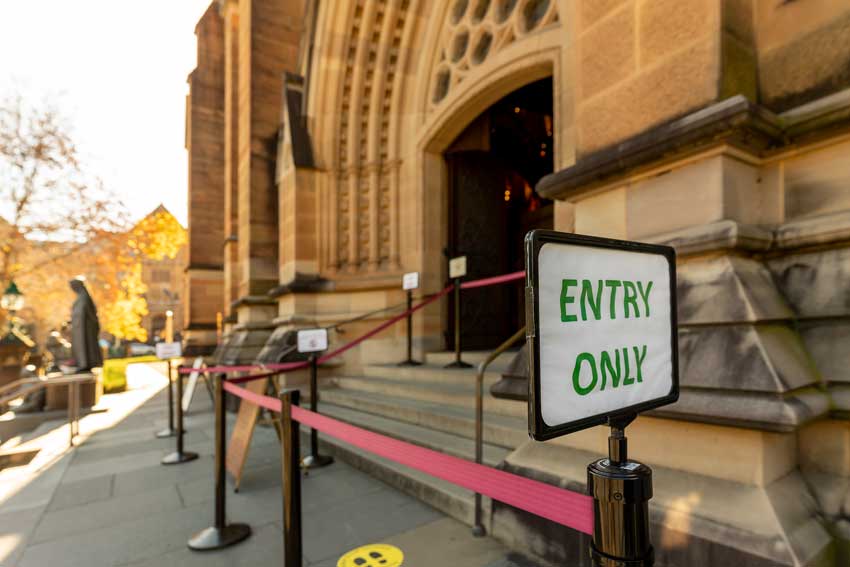
Cardinal Sarah thanks all the world’s bishops for the prudent and cooperative ways in which they have worked with civil authorities and the faithful, to prevent the spread of the Covid-19 virus during the pandemic. The Cardinal warns his readers, that despite the need to respond wisely in a time of crisis for the common good, social distancing, physical isolation and living via virtual portals strikes at the marrow of what it means to be Christian.
Christian faith is essentially lived through sacramental presence
The Cardinal insists that the Christian faith is essentially lived through sacramental presence, actual (rather than virtual) time, personal touch and openness to charity and communion. He encourages the world’s bishop’s to be both “prudent and firm” in deciding how to return the faithful “as soon as possible” to the live celebrations of Mass and adoration, after many “disrupted” months.
“Liturgical norms are not matters on which civil authorities can legislate…” he writes, since they often assume that Christian worship is merely a matter of social interaction, on the same plane as other recreational activities.
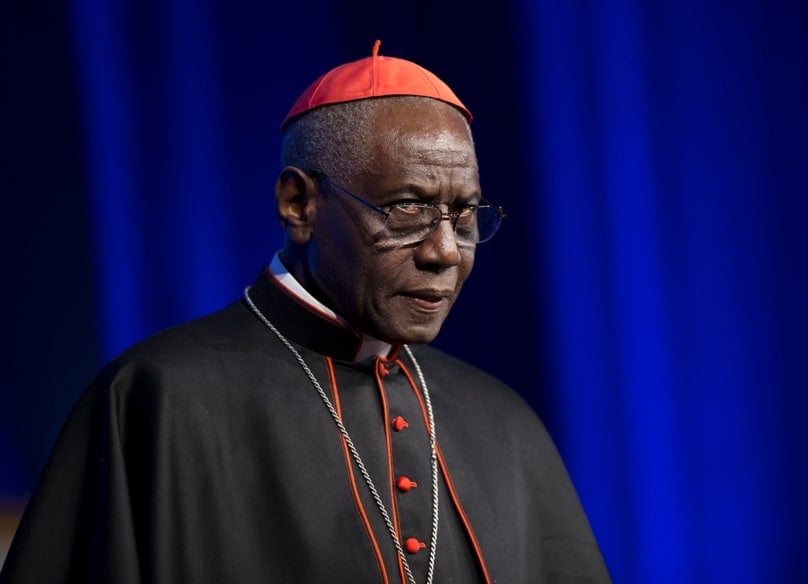
This was precisely the type of ignorance, lying behind an apparently contradictory but outlandish regulation, published by the Victorian Government’s Department of Health and Human Services, banning priests from bringing the sacraments to the sick and dying, to those in nursing homes, hospitals or at home. It appeared that most of Victoria’s priests and bishops were unaware of the ban as well.
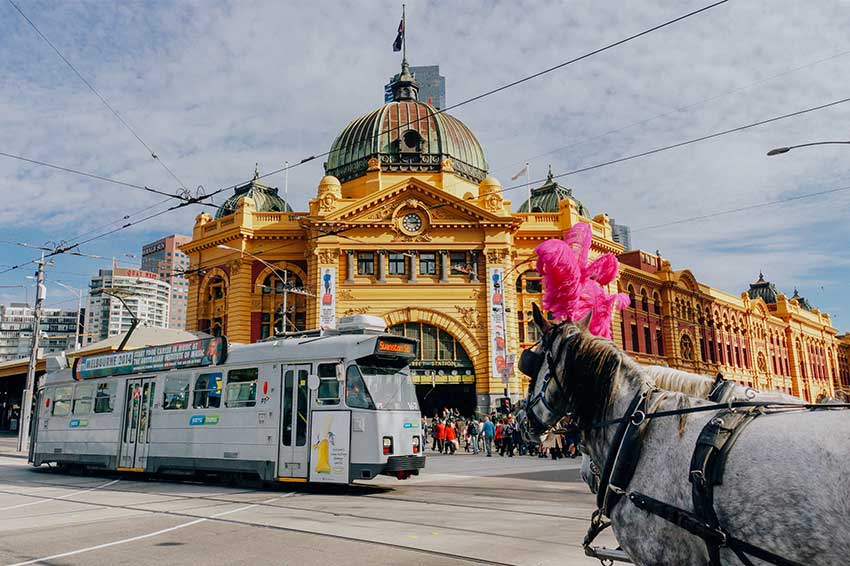
On Friday last week, the Archbishop of Melbourne, Peter A. Comensoli, urgently rang the Victorian Premier to point out the incongruity of the apparently random regulation: “This is a fundamental obligation of Catholic clergy to people in their time of need, and an expectation not only of our people, but for many who are struggling to be present with their loved-ones in their last days.”
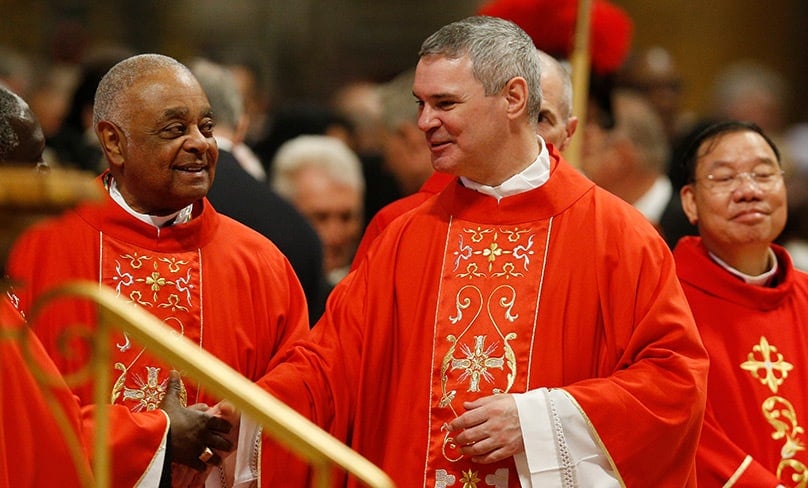
The regulation was, by the Victorian Government’s own standards, completely contradictory since as a general principle the regulations (sensibly) allow people who provide important “care and healthcare” to be exempt from rules, which in the Victorian capital are particularly restrictive of movement and access.
Premier Daniel Andrews publicly apologised for the overreach of the regulation
It was notable that after the phone call with the Archbishop, Premier Daniel Andrews publicly apologised for the overreach of the regulation and it has been modified to allow priests, ministers, rabbis and other religious leaders, to offer “care and the last rites,” provided they observe the infection control protocols.
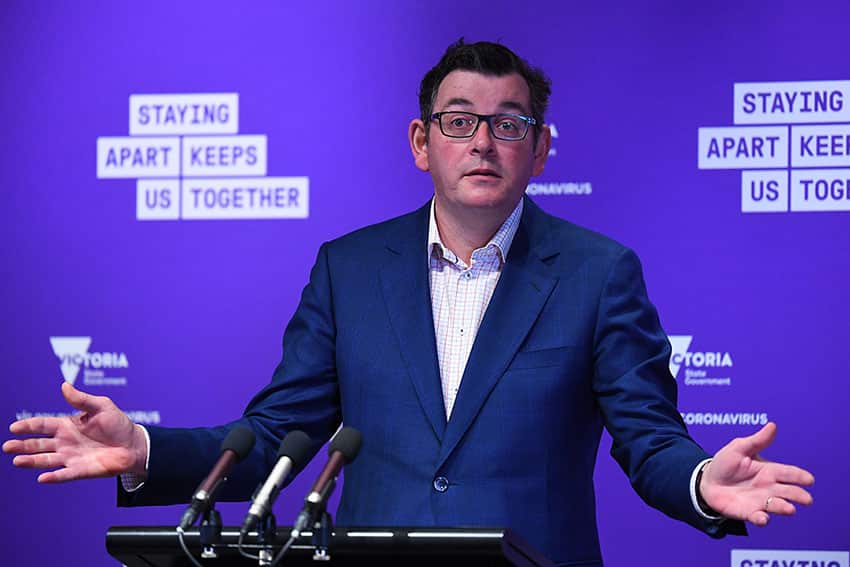
There is however still room for some confusion here, some of which is not of the government’s making, because even many Catholics are unclear about sacramental support for the sick and dying.
many Catholics are unclear about sacramental support for the sick and dying
Some Melbourne priests told us last week that they had been barred from entering aged care facilities or homes, even where the patients/residents had requested a priest, because facility staff or family members were afraid. Others encountered different “facility” rules at different times.
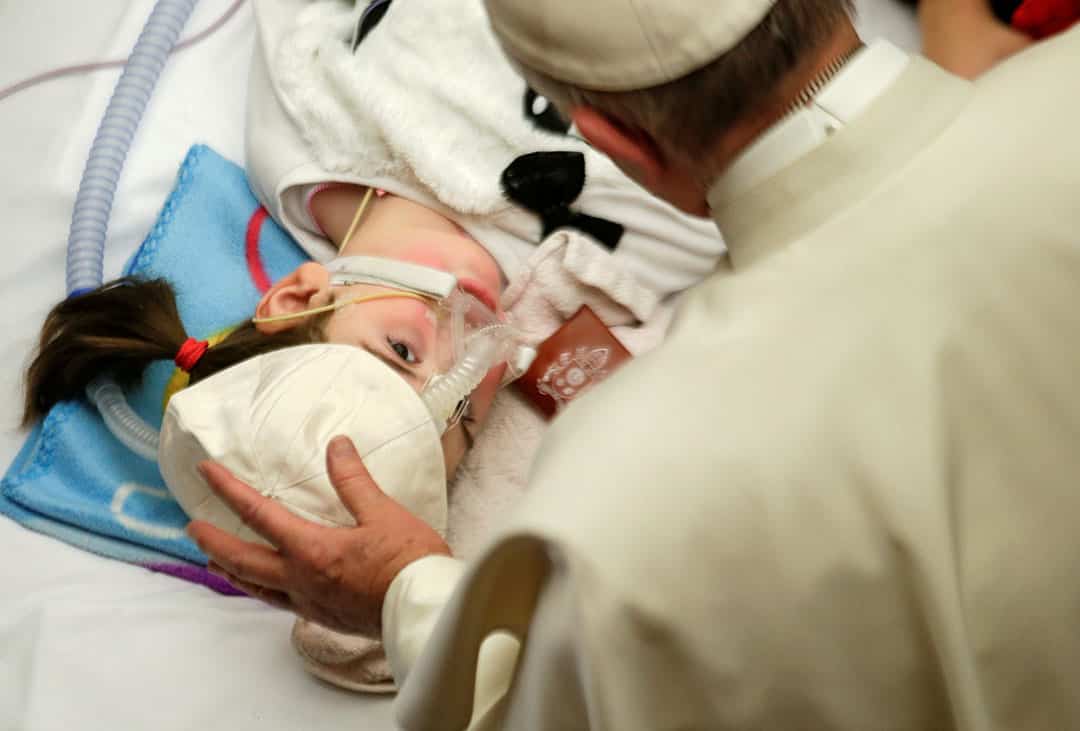
In addition, priests have encountered whole families infected with Covid-19, isolating at home who have experienced great shame, fear and were too unclear to ask for the sacraments of the sick.
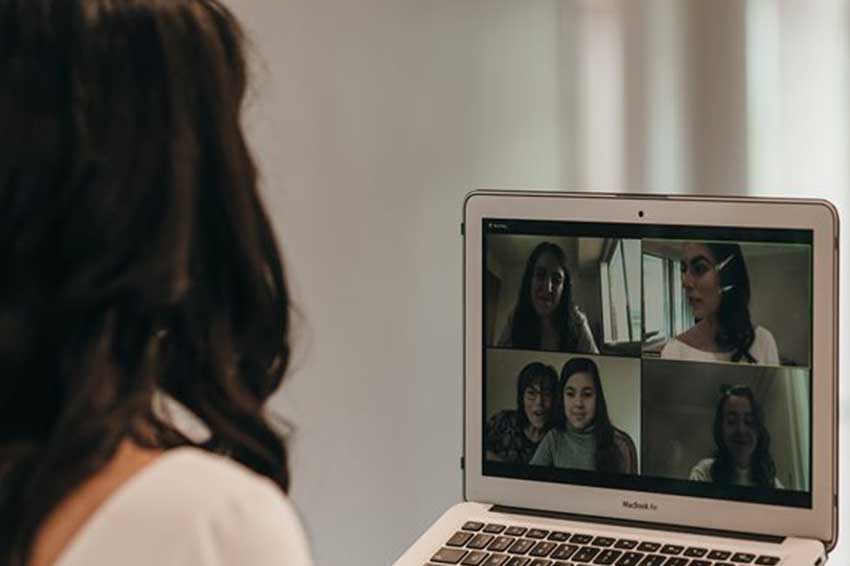
Happily in one case, a concerned friend approached the priest for assistance, and he was heartily welcomed by the family when he assured them he would protect himself in the usual way, and that it was “his job” to offer this essential “care and concern” in sacramental form.
The Code of Canon Law (1983) makes it very clear that: “Christian faithful have the right to receive assistance from the sacred pastors out of the spiritual goods of the Church, especially the word of God and the sacraments.” (Canon 213).
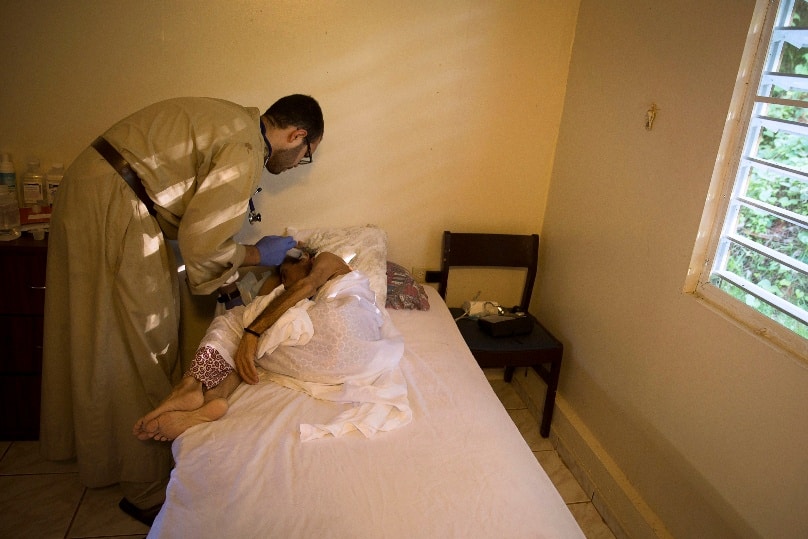
The Compendium of the Catechism of the Catholic Church explains that any baptised person, who “is in danger of death because of sickness or old age” may request or be entitled to the anointing of the sick (CCC no 316). They may receive this sacrament from the priest (or bishop) more than once if the illness worsens or persists
The anointing involves the personal touch of the minister, who using blessed oil (The Oil of the Sick) gently anoints the hands, foreheads and sometimes other parts of the body, while saying the ritual prayer that the healing power of the sacrament bring “comfort, peace, courage and even forgiveness of sins if the sick person is not able to make a confession.” (CCC 319)
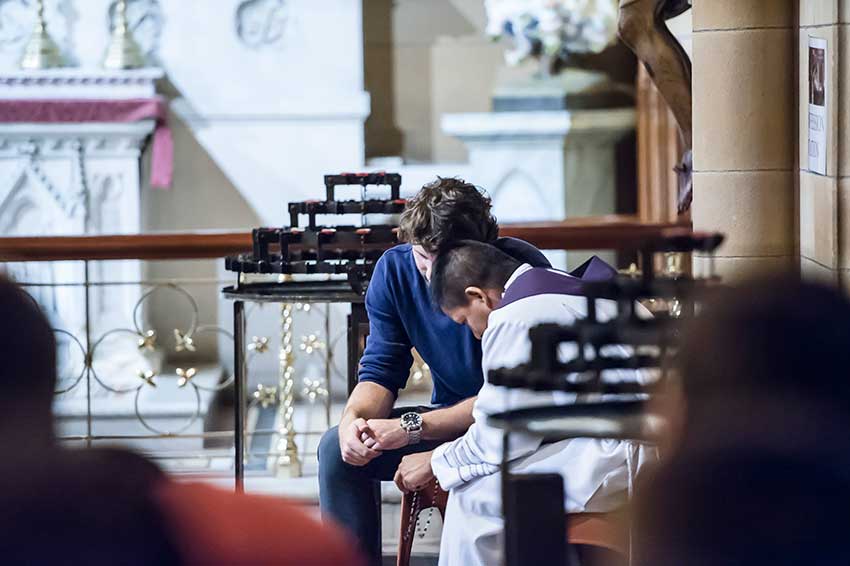
In addition, the Compendium recommends that the sick or frail person, be given access to individual Confession and if in danger of death (and able to receive it) that they may receive “the Holy Eucharist” to prepare for the “journey to eternal life.” (CCC no. 320). This Holy Communion has been known through the centuries as the Viaticum – the food for the journey out of earthly life.

One young priest, speaking of his relief that some clarification had been made in Victoria, said that it was timely that it occurred on the anniversary of the terrorist attack on New York in 2011. He recalled the unforgettable images of the Franciscan Fr Mychal Judge (who was killed by falling masonry) and others anointing and praying with the injured and dying. It struck him that the sacrament of anointing could be the last “touch” of the person’s life, especially in this time of physical distancing. He thought in a sense it was in any priest’s DNA “to run towards the threat of death” with his oils.
Related Stories:
- Please explain: Victorian bishops question Premier over different rules
- Catholic Social Services Victoria responds to lockdown
- Clarification on last rites in Melbourne
